Chips from the Apple Silicon series were able to slowly paralyze the whole world. Apple managed to bring its own solution, which perfectly solved all the problems of the previous Macs and, overall, took Apple computers to a whole new level. Actually, there is nothing to be surprised about. New Macs with Apple Silicon offer significantly more performance and lower energy consumption, which makes them more economical and offers longer battery life.
It could be interest you
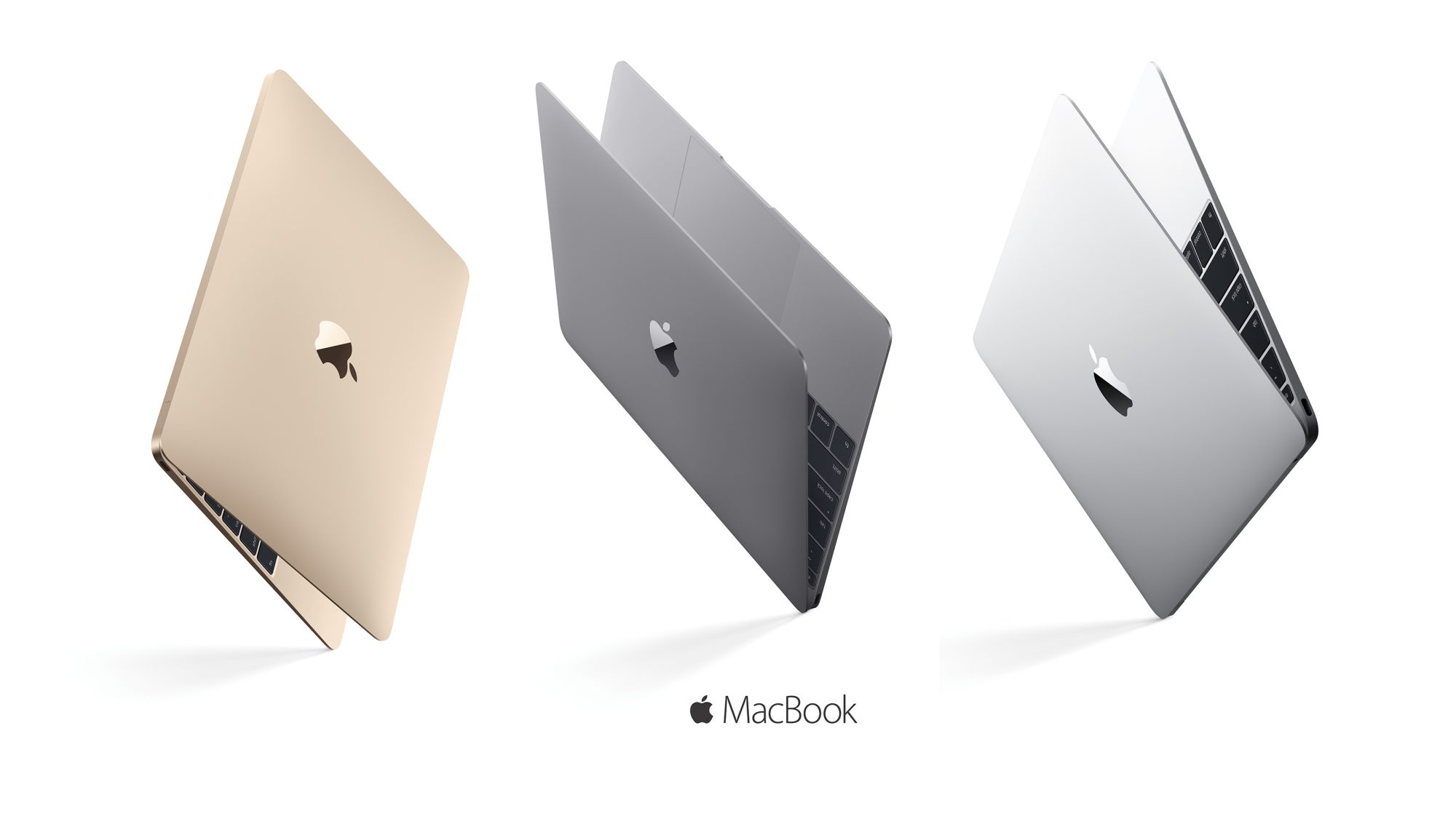
Of course, these chips also have their shortcomings. Since Apple has bet on a different architecture, it also relies on the strength of developers, who should optimize their creations for the newer platform. Of course, they don't have to do that. In such a case, Rosetta 2 comes into play – a native tool for translating applications intended for macOS (Intel), which will ensure that they run on newer computers as well. Such a translation, of course, requires some performance and can theoretically limit the resources of the entire device. We also lost the ability to natively install Windows using Boot Camp. Macs with Apple Silicon have been with us since the end of 2020, and as it continues to show, Apple literally hit the nail on the head with them.
Importance of Apple Silicon
But if we look at it from a broader perspective, we will find out that the own chips were not only a hit in the black for Apple, but that they probably played a much more important role. They practically saved the world of apple computers. Earlier generations, which were fitted with an Intel processor, faced a number of unpleasant problems, especially in the case of laptops. As the giant opted for a too thin body that could not reliably dissipate heat, the devices suffered from overheating. In such a case, the Intel processor quickly overheated and the so-called thermal throttling occurred, where the CPU automatically limits its performance to prevent this situation. In practice, therefore, Macs faced significant drops in performance and endless overheating. In this regard, the Apple Silicon chips were a complete salvation - thanks to their economy, they do not generate so much heat and can function optimally.
It all has a deeper meaning. Recently, sales of computers, laptops and chromebooks have been noticeably declining. Experts blame Russia's invasion of Ukraine, global inflation and other factors, which have caused global sales to plummet to their worst numbers in years. Virtually every popular manufacturer has now experienced a year-over-year decline. HP is the worst off. The latter lost 27,5% year-on-year, Acer by 18,7% and Lenovo by 12,5%. However, the decline is noticeable in other companies as well, and overall the entire market recorded a year-on-year drop of 12,6%.
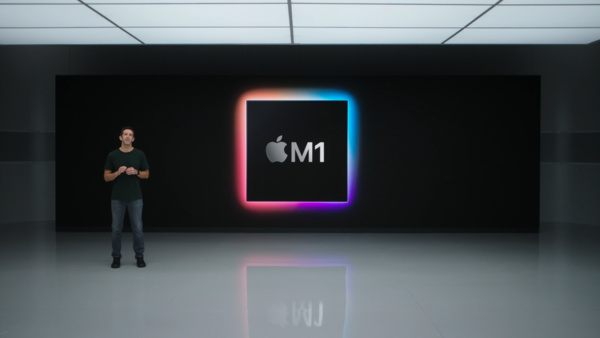
As we mentioned above, practically every manufacturer of computers, laptops and similar devices is now experiencing a slump. Except for Apple. Only Apple, as the only company at all, experienced a year-on-year increase of 9,3%, which according to experts it owes to its Apple Silicon chips. Although these have their flaws and some professionals write them off completely because of them, for the vast majority of users they are the best they can get at the moment. For relatively reasonable money, you can get a computer or laptop that offers first-class speed, economy and generally works as expected. With the arrival of its own chips, Apple literally saved itself from the current global downturn and, on the contrary, can even profit from it.
Apple has set a high bar
Although Apple was able to literally take most people's breath away with the first generation of Apple Silicon chips, the question is whether it can actually maintain this success in the future. We already have the first two MacBooks (redesigned Air and 13″ Pro) with the newer M2 chip, which, compared to its predecessor, brings a number of interesting improvements and greater performance, but so far no one can confirm that the giant will continue this trend continue. After all, for this reason, it will be interesting to follow the development of new chips and Macs in more detail. Do you have confidence in the upcoming Macs, or will Apple, on the contrary, fail to continuously push them forward?
It could be interest you
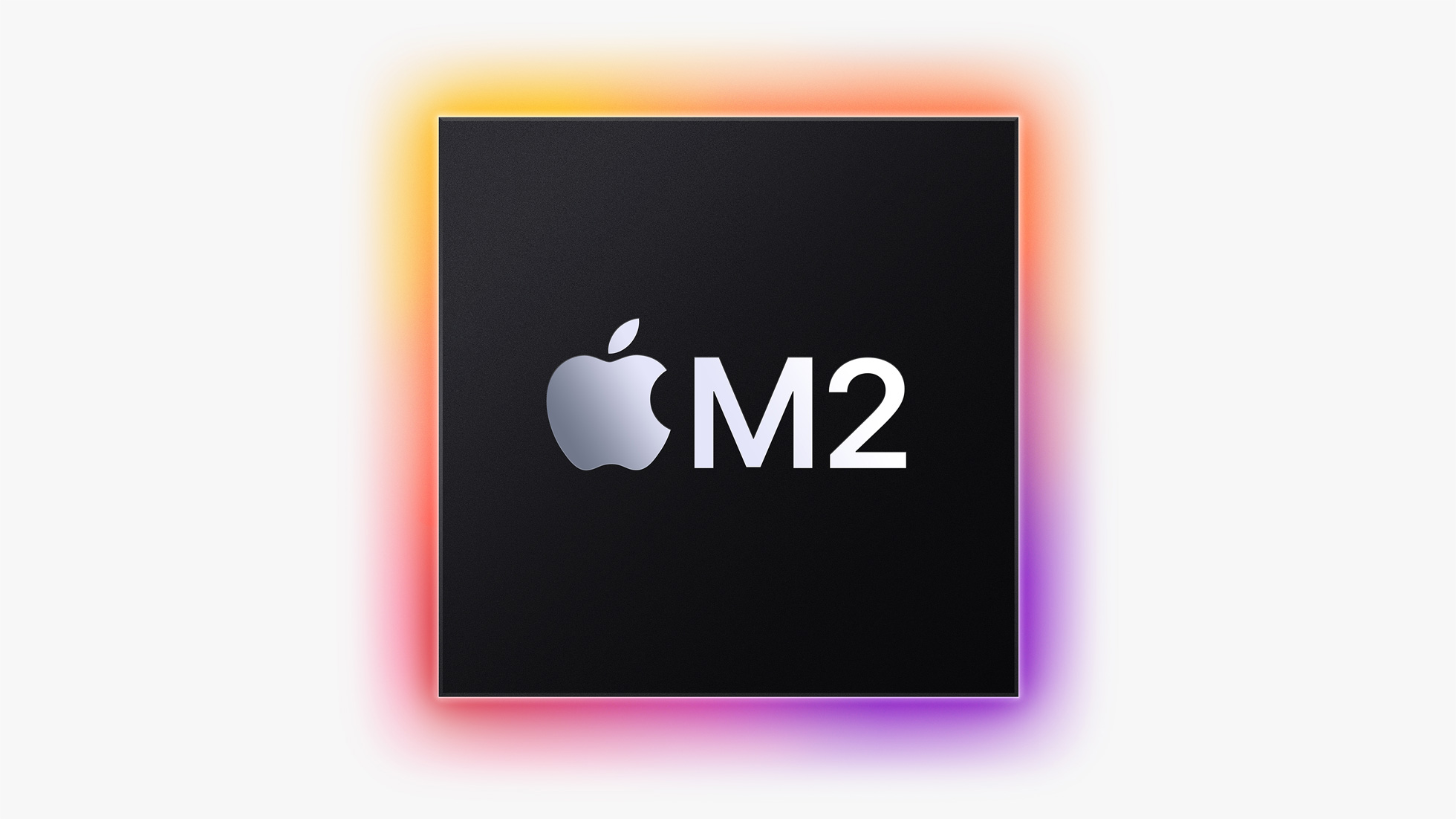
 Adam Kos
Adam Kos 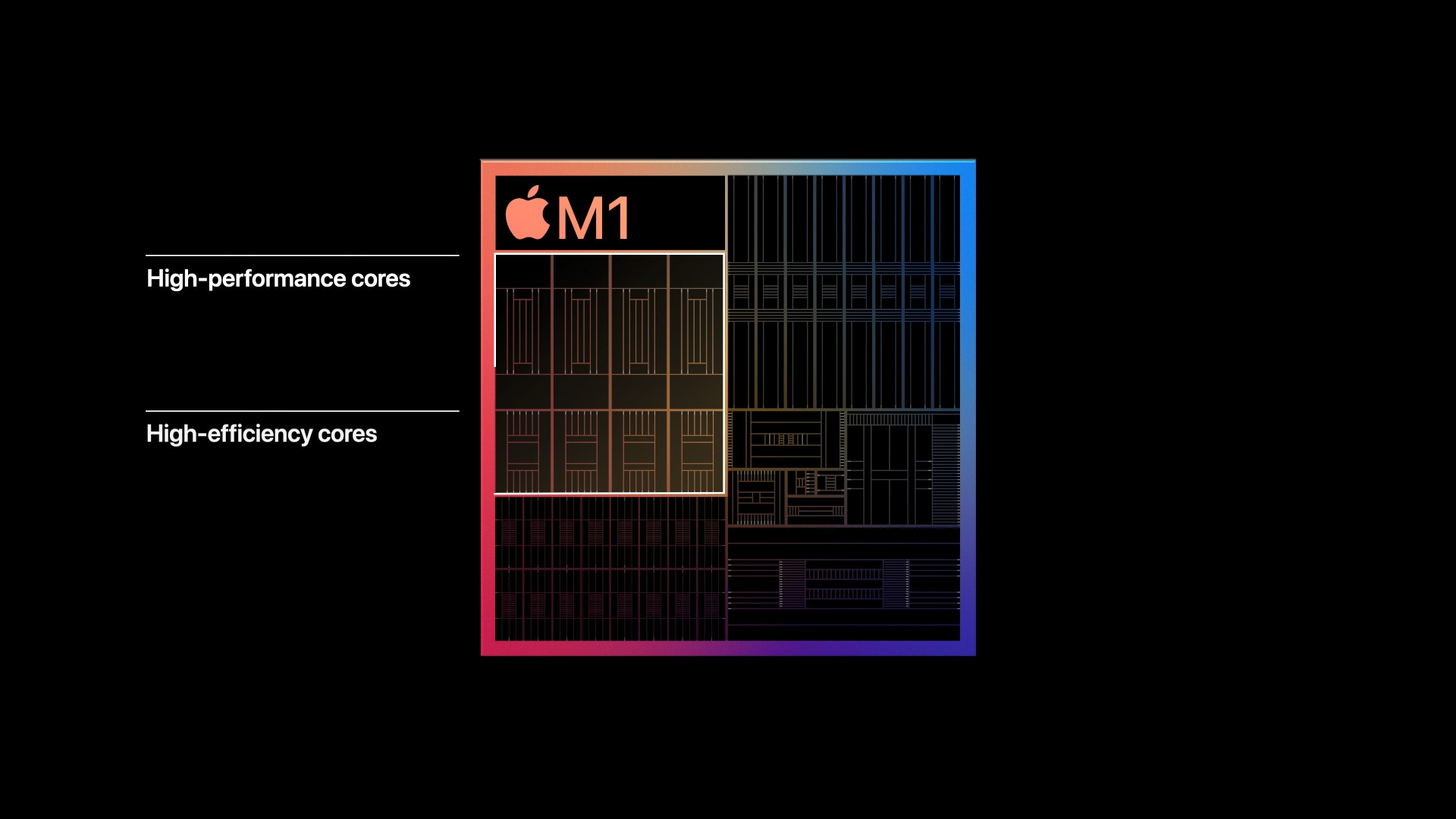
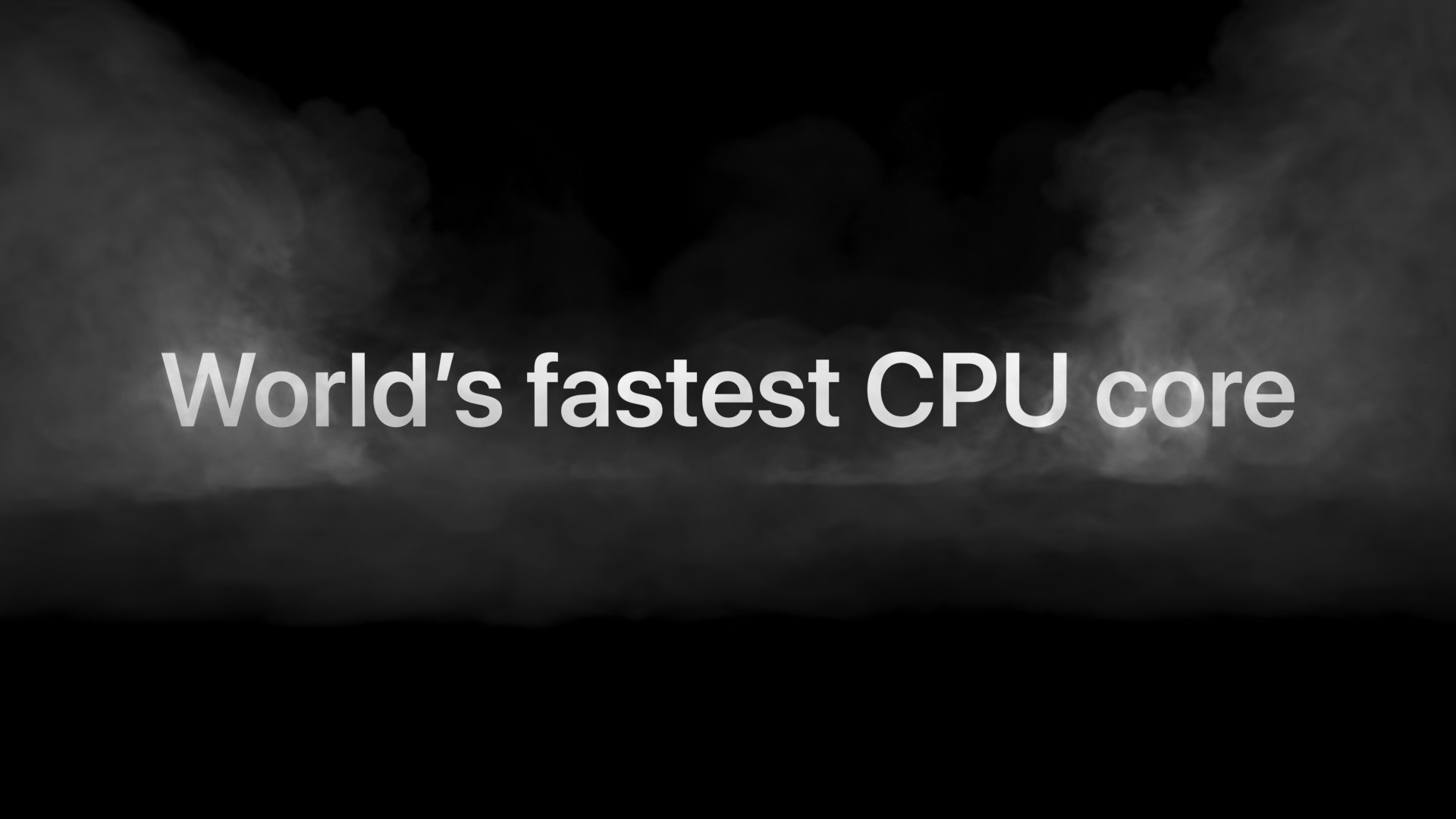
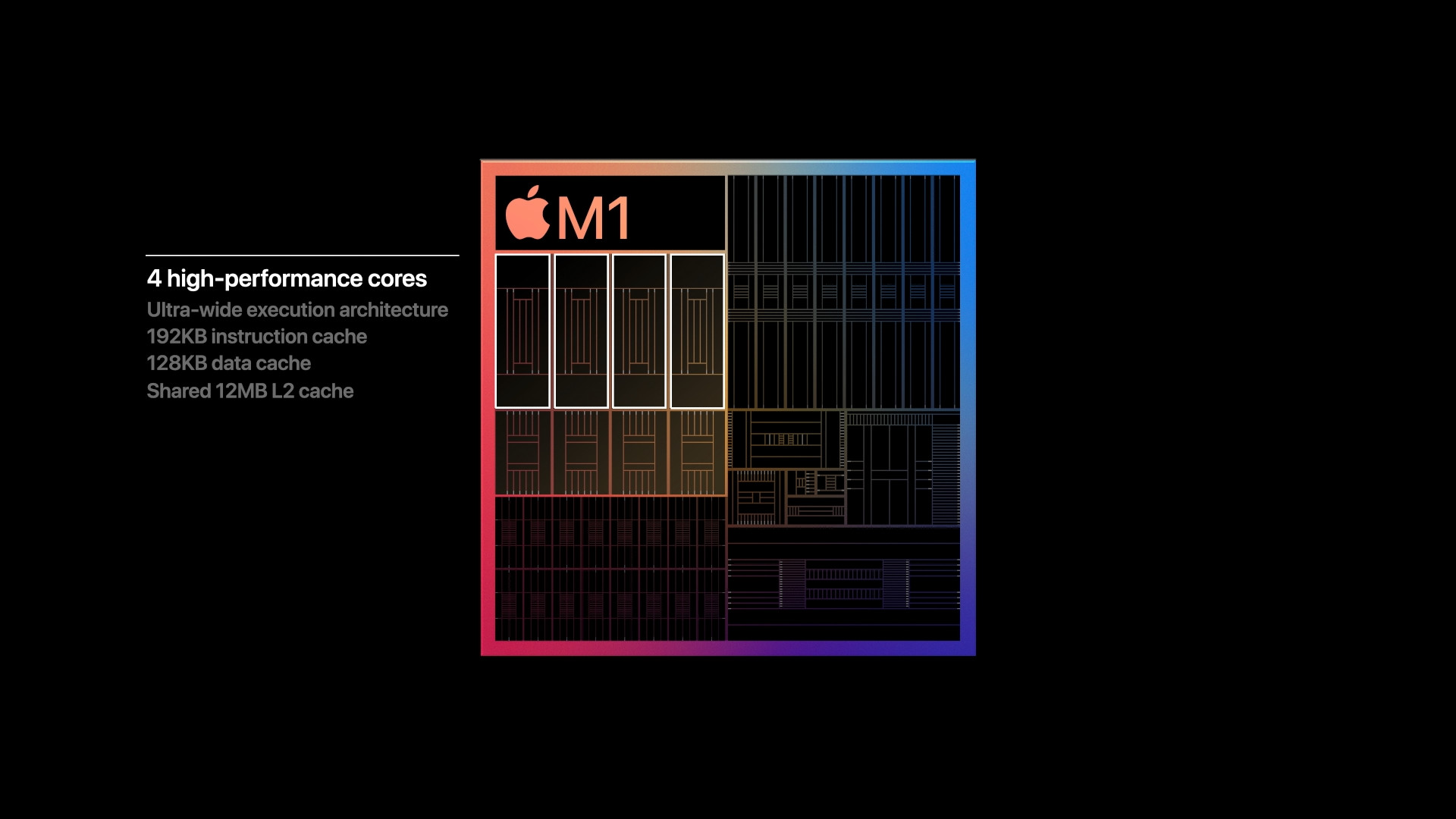

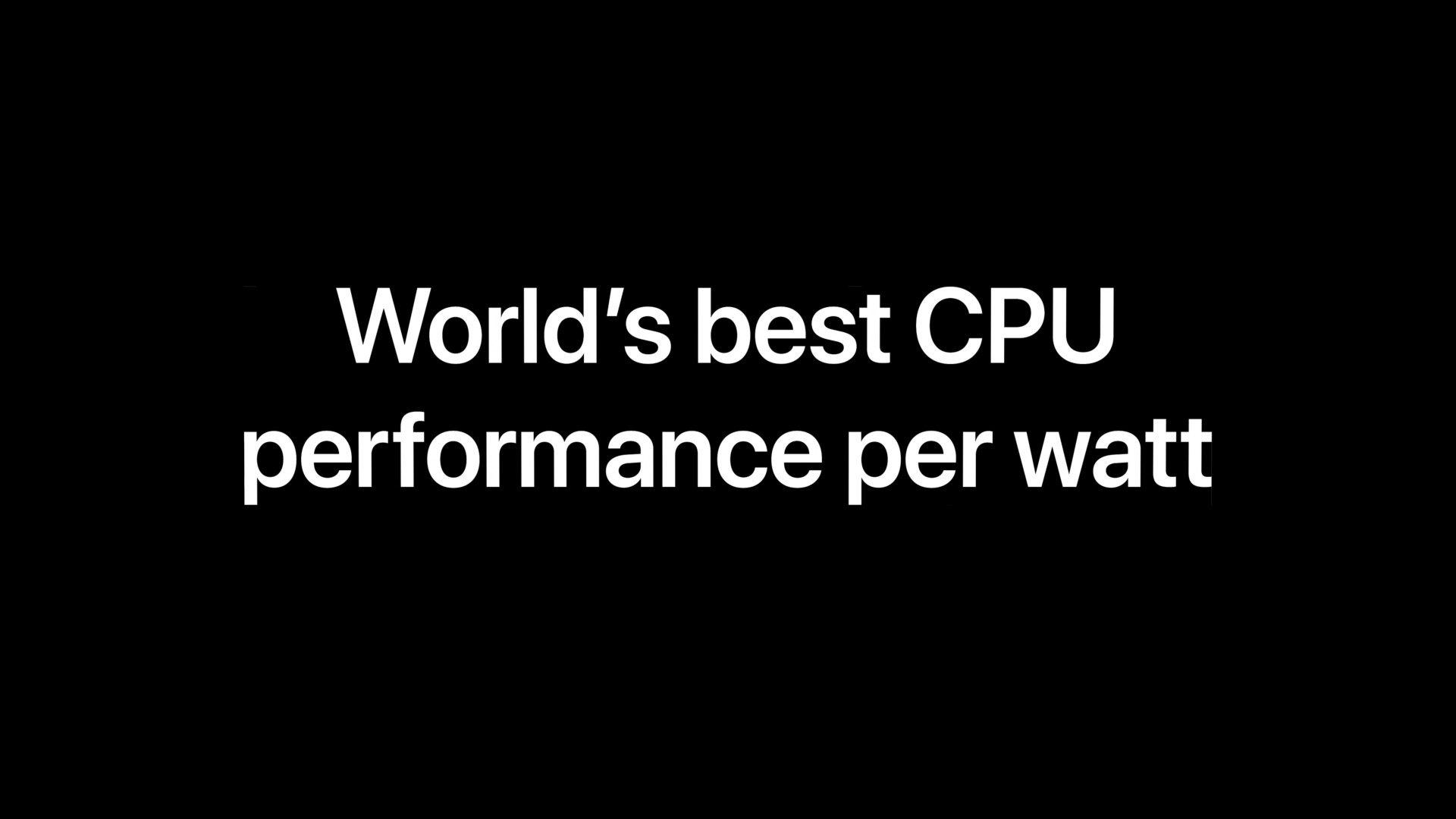
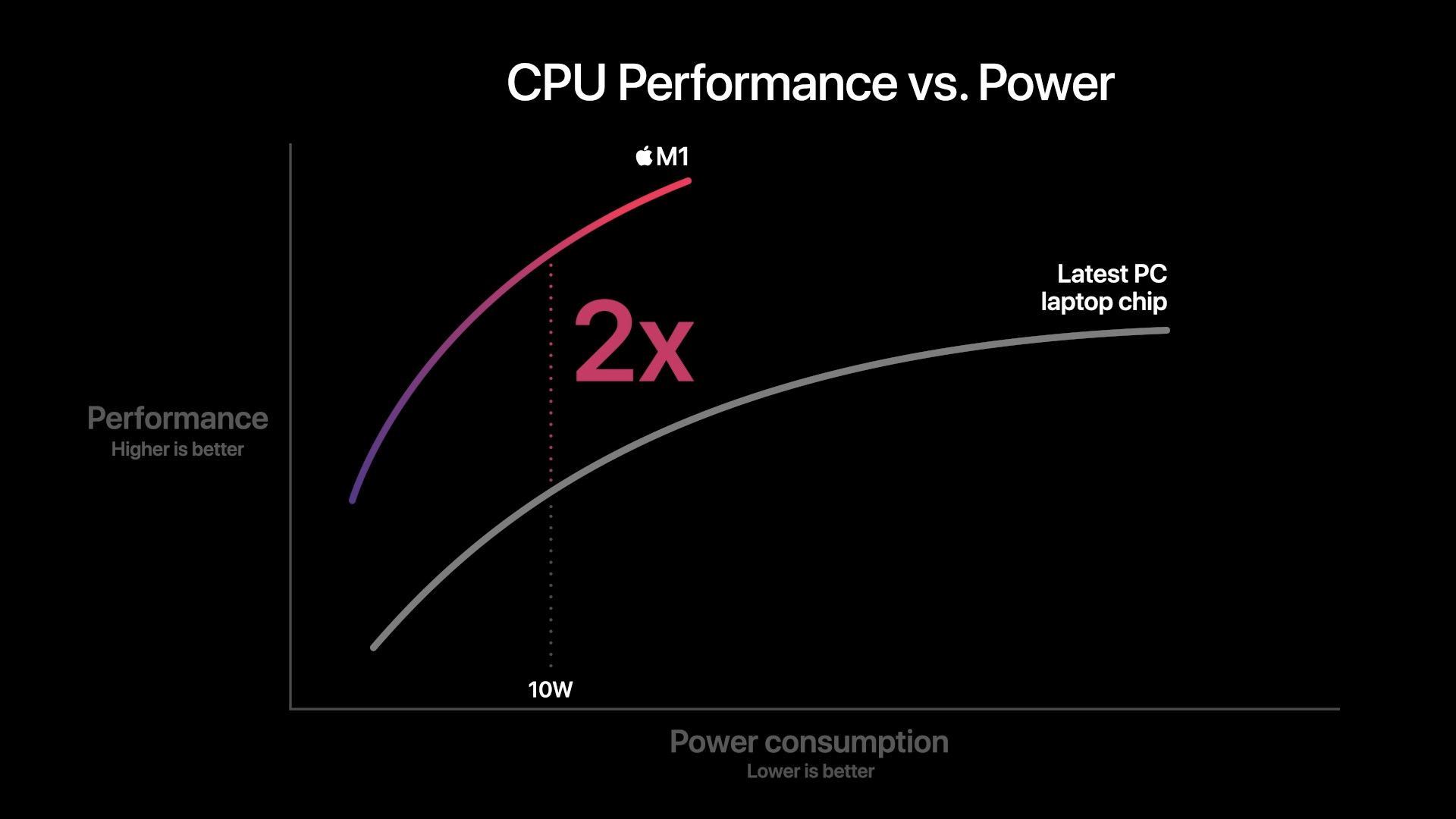
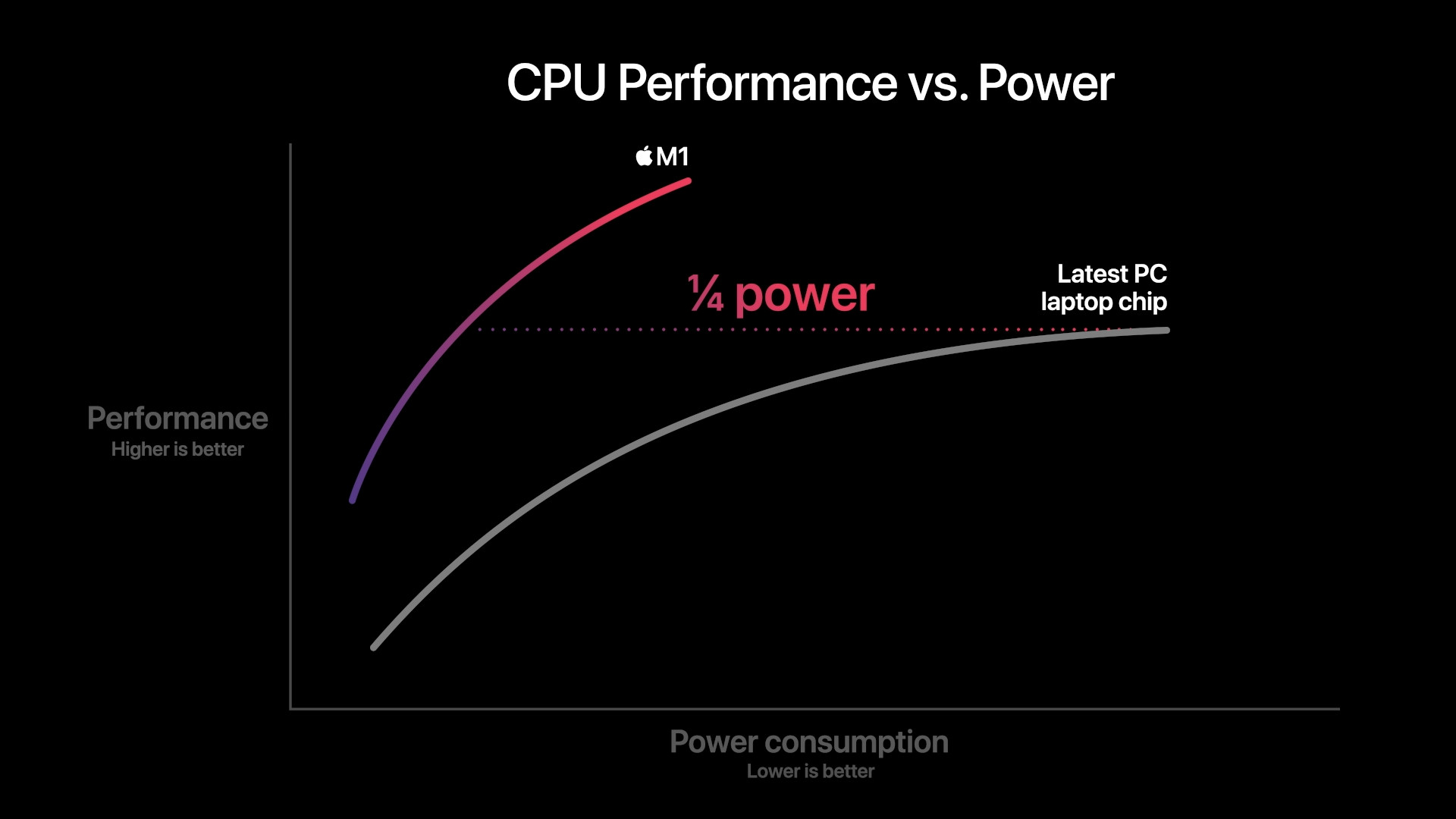
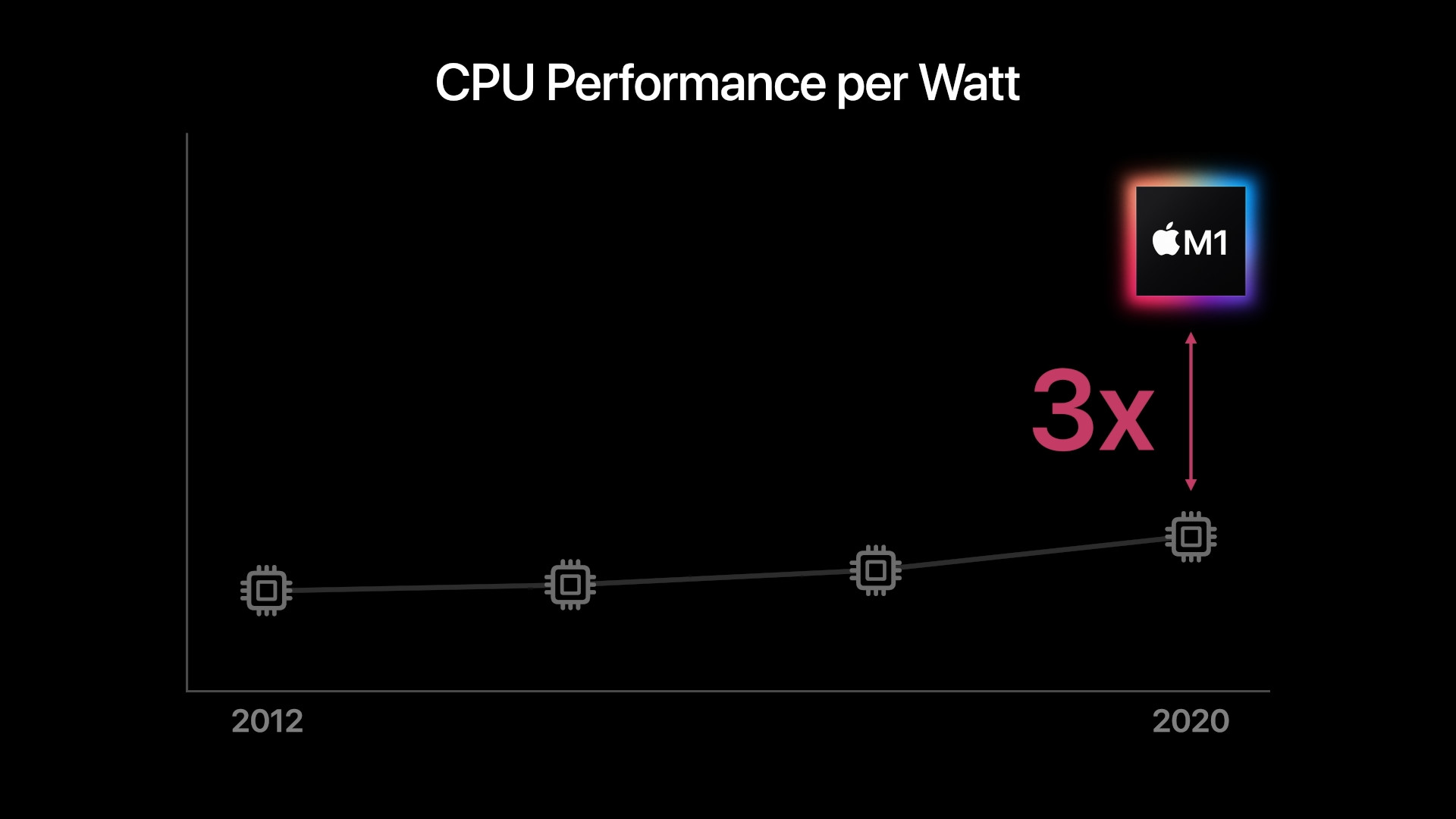
I can confirm that my MBP 14 with the M1 Pro is a joy to work with. The only ailment – poor running of Visual Studio under ARM windows in Parallels – I solved with a remote desktop. Great user experience. Yes - it's not a cheap machine, but Macs have lasted for years before - a colleague programs in Xamarin and still uses a 2015 MBP. A friend got a Dell from work - absolutely horrible machine. I was unable to control the computer at all with their touchpad parody. I'm not at all surprised by the success with my own chips. They're great.
I have a new MBA M1 for a few days and I am completely satisfied. My old MBA from 2015 ran perfectly fine, but only now I noticed the difference. And I thought he would live with me 🥴 (I'll be 70 next year). It's an absolutely amazing machine and I really appreciate the retina, touch ID, speed, endurance and silence! 👍